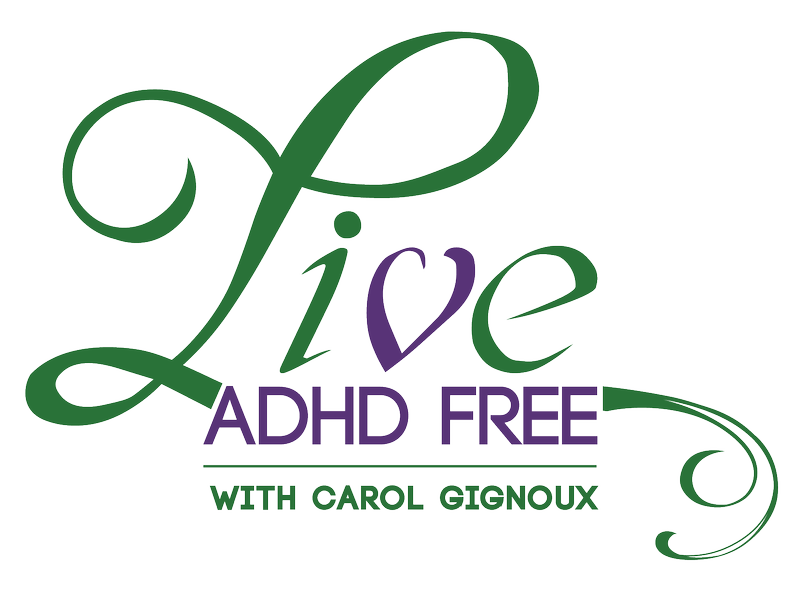I recently read the article published in Esquire Magazine entitled “The Drugging of the American Boy,” by Ryan D’Agostino. I felt the need to respond to the article, as it includes quite a bit of controversial information.
While I can appreciate the author’s interest in the topic of ADHD drugs and children, especially boys, his research and conclusions are heavily slanted in one direction, as if most children were being improperly medicated. This brings into question the credibility of his entire article. In addition, there are some important gaps in the information that he presented. I would like to fill in the gaps from my perspective as an ADHD coach. Before I do however, I would like to acknowledge that the author does make some good arguments about the need for parents and the medical profession to question what they are doing. This should serve as a reminder that we all need to be careful and more informed when making decisions regarding the medication of our children
I have been working with children, adolescents and adults with special needs and ADHD since graduating with a master’s degree in exceptional children (as it was called back then) over 40 years ago. I currently run my own, successful coaching business and have worked with countless people with ADHD. To do this subject justice, one must have more depth in their experience and cast a wider net. My intention is to add more credibility to this conversation
I, Dr. Hallowell (a leader in our industry), along with an increasing numbers of professionals have come to the realization that if we stop referring to ADHD and other brain types and brain differences as a pathology- and instead seek to understand the different ways humans learn, think and behave – we won’t need labels that make our children feel stigmatized, less capable or less intelligent than their peers. Indeed it not only takes a village to raise a child, it takes the right village. As professionals and parents, we need to work together to help children understand and appreciate themselves.
Regarding the question of over diagnosing ADHD, I don’t believe we understand yet why so many children, adolescents and adults are falling into the ADHD profile in increasing numbers. Are we over diagnosing? Perhaps. I feel we need to focus on the symptoms and address those rather than “labeling” someone with a specific condition. In my experience, doctors and clinicians often disagree over the referring diagnosis. A multi-modal approach to helping children allows for a team of professionals and parents to come together on behalf of the child. Then questions like “When, if ever, should medication be tried?” or “What are the options and how can we choose the best strategy for this child?” can be addressed. The truth is that some children, in order to save their self-esteem, may need a course of medication. Until we as a society have the kindness and compassion to take the time to support our children emotionally, physically and mentally no matter what their brain type, medication is helping many children survive in the system we have created for them.
Another point I think was ignored in the Esquire article was any mention of ADHD Coaching. This specific type of coaching is making it possible for children, adolescents and adults to learn and apply behavior controls in a way previously unknown. Because ADHD coaching is oriented to taking specific action and is results-based, it is becoming the go-to-approach in addressing the symptoms of ADHD and has proven to be very successful in many cases.
We need to stop yelling “SOS” via the media. Articles like these can be alarming and discouraging to people who are trying their best to understand and cope with their behavior at school, home and on the job. As we become not only more tolerant but receptive to the differences among us because we all have something to teach each other, perhaps we will start to become the compassionate and wise society we wish we were.


1 comments on “What the Esquire Article Missed about ADHD”